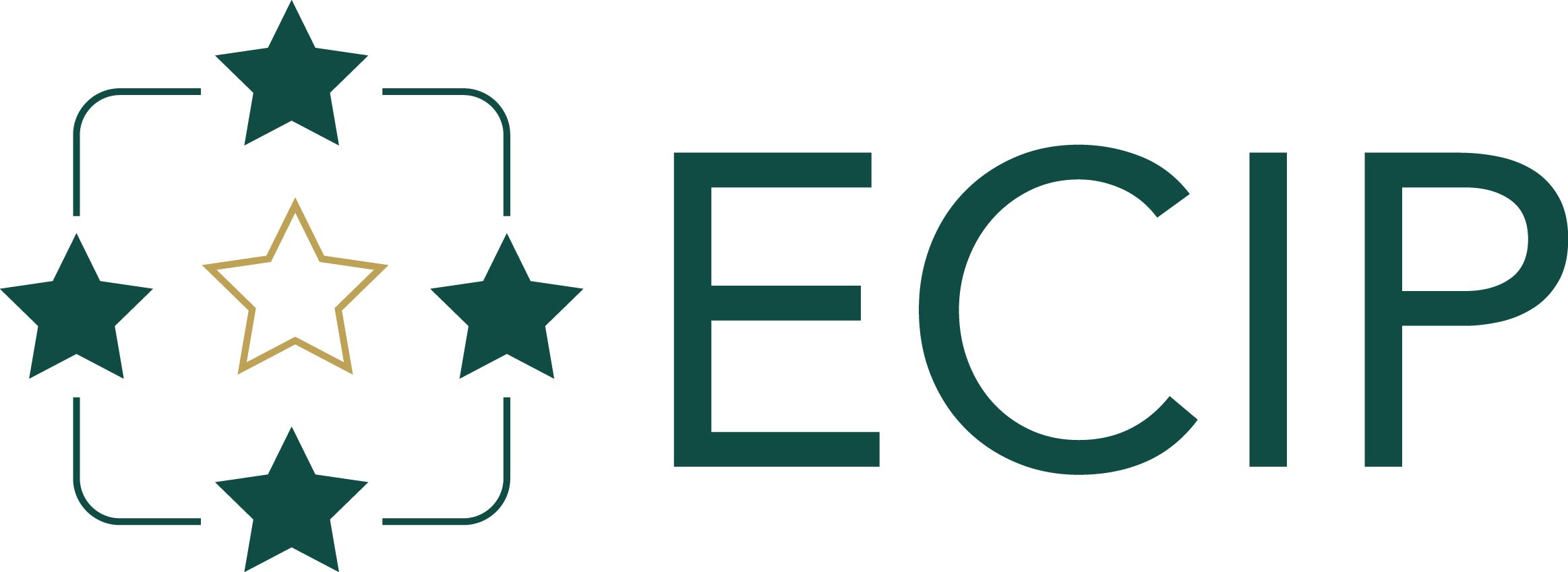| Service |
Description |
Charter Principles |
| Country/sector-specific Forced Labor Training |
Training on sector-specific forced labor risks, relevant legal requirements, and due diligence best practices. Includes country level analysis and may be scoped at the state and/or regional level. Also includes overview of international standards and requirements including the ILO Forced Labor Indicators approach and best practices in compliance with market-relevant trade law. May be offered in both in-person and asynchronous (e-learning) formats. |
Legal Compliance |
| Grievance Mechanism Strengthening & Response Protocol Development |
Evaluation of sector and geographic-appropriate best practices for grievance mechanisms. Can be supplemented with guidance on the design, development, and operation of effective grievance mechanisms, including response protocols for common and persistent risks. |
Communication and Worker Protections |
| Ethical Recruitment Implementation Training |
Training on ethical recruitment practices, including implementing Employer Pays Principle (EPP)-aligned recruitment policies in specific contexts. Includes overview of sector and country-specific recruitment-related forced labor risks and relevant local and international standards, including recruitment fees and related costs in relevant labor migration corridors. Participants gain a conceptual understanding of the components of the EPP and practical knowledge for implementation such as developing EPP-aligned policies, conducting recruiter due diligence, and providing access to remedy for migrant workers. Trainings can be conducted in-person or remotely, and Verité has the capacity to develop asynchronous online training modules and training videos for further dissemination. |
Ethical Recruitment |
| CUMULUS Forced Labor Screen™ |
CUMULUS™ is a remote risk screening tool that can be used to evaluate the presence of ILO-aligned forced labor indicators related to the recruitment of foreign migrant workers—such as H-2 visa holders in the United States or Overseas Filipino Workers in Taiwan— in a company’s own operations and/or its supply chain. Output includes an assessment report that maps labor supply chains and details indicators of risk for the employer and any labor recruiters identified by screening. CUMULUS™ users may also access an online dashboard which organizes and visualizes screening results. |
Ethical Recruitment |
| Forced Labor Investigation |
Targeted investigations of recruitment-related forced labor risks conducted by Verité experts. Objective is to identify recruitment- related forced labor risks, such as domestic or foreign migrant workers improperly paying recruitment fees and related costs in order to access their jobs, deceptive recruitment, and document retention. Output includes quantifying fees paid by relevant worker populations, documenting relevant forced labor risks, and recommendations on remediation, including fee reimbursement, where relevant. |
Ethical Recruitment |
| Management Systems Gap Analysis & Strengthening |
Consulting to assess alignment of current management policies and practices against OECD guidelines and Verité best practices. Includes recommendations for addressing any identified gaps. Assessment may be followed by additional consulting to guide company efforts to address gaps and build systems for sustained compliance. |
Management Systems and Continuous Improvement |
| Policy Benchmarking and Strengthening |
Consulting to evaluate existing human rights and employment policies and human rights due diligence systems against international standards – including OECD guidelines – and sector peers to identify areas for improvement. Output includes recommendations for improving and aligning policies with best practices. May be followed by additional consulting to guide development of strengthened policies. |
Employment is Freely Chosen |
